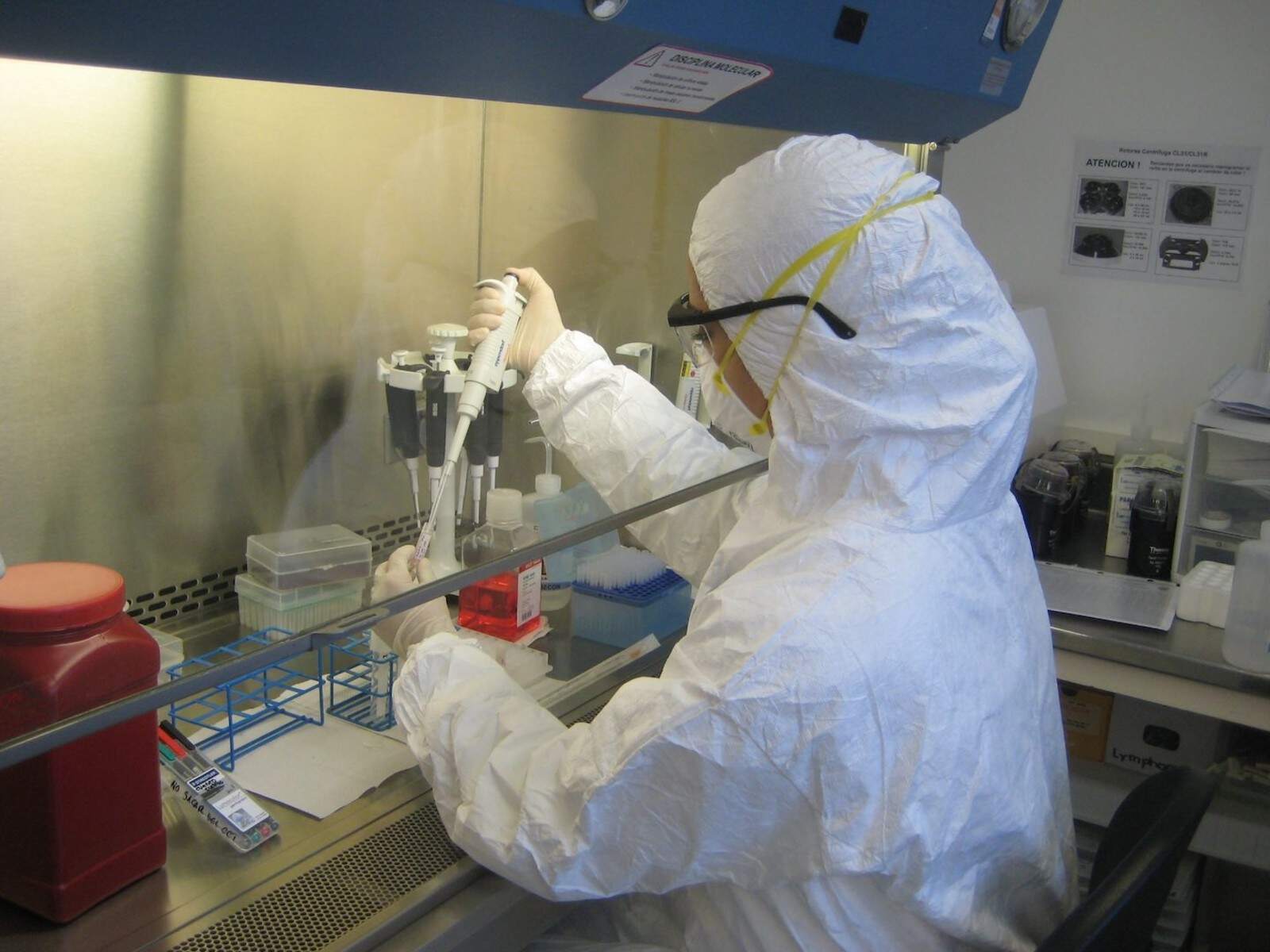The World Health Organization’s report on the origins of covid will soon be out — but can we trust it?

Can the WHO’s conclusions about covid’s origins be taken at face value? Not necessarily, says the Wall Street Journal, whose investigation into the access granted to the organization’s scientists on a fact finding mission in Wuhan in January revealed that government-imposed constraints may have affected their ability to reach conclusive findings.
“Extremely unlikely”: The investigation concluded that a lab leak being the cause of the virus is almost impossible, according to a draft copy of the report obtained by the Associated Press this week. Instead, the study says that it was likely spread from bats to humans either directly or via another animal, but provides little fresh insight into its true origins, the AP said. Transmission via frozen food — a theory the Chinese government has championed — was found to be unlikely.
Why the skepticism? The WHO-led team faced a number of obstructions during their trip which could call these findings into question:
#1- A potentially opaque selection process: US allies were reportedly concerned about opacity in the selection process, but were reluctant to say so publicly for fear of antagonizing China and harming their vital trade relationships, several Western government officials told the WSJ. The US claims the scientists it put forward were excluded from the team without good reason. The one US scientist who was selected, zoologist Peter Daszak who was part of the team that identified bats as the source of SARS, is president of a non-profit that had previously provided funding to the Wuhan Institute of Virology, the research lab at the center of the Trump administration’s claims that the virus came from a lab. Daszak maintains that it did not.
#2- China’s direct (and indirect) vetoing of team members: China’s participation in the investigation was contingent on having veto power over who would join the team, a condition with which WHO officials complied. Following the selection process, and as the team began arriving in China, at least one scientist had to turn back mid-trip due to not having received approval from the Chinese authorities. Two further scientists were denied travel to Beijing after they reportedly tested positive for covid-19 antibodies (indicating that they had the virus in the past) despite their PCR results having come back negative, indicating they were not currently infectious.
#3- Lack of access to information: WHO team members didn’t have the mandate, expertise or access to investigate the possibility of a lab leak, they told the WSJ. Scientists were not given access to the Wuhan Institute of Virology, and were not shown raw data, safety and animal breeding logs. Though the team was able to visit three laboratories and review more aggregated data than had been shared before, they were not able to see the raw data gathered from 76k patients in October, November and December, that China had used to draw the conclusion that first known case of covid-19 had occurred on 8 December. The team believed they could filter the data differently to identify earlier infections, which they think could be in the range of 1k, but the Chinese authorities said they could not grant that access due to regulatory restrictions.
#4- Chinese government oversight: The WHO team’s vote on their findings included the Chinese experts, many of whom report directly to the government. The virus is a politically sensitive issue for Beijing, and the Chinese government had already ruled out the possibility that covid-19 started in a lab before the WHO trip began, the WSJ notes. Chinese officials posited the virus could have entered China via frozen food, and urged the WHO to conduct probes in other countries. Independent researchers have said the frozen food theory is unlikely, and no other probes seem to have been ordered.
The probe was complicated by US-China political tensions: Donald Trump asserted in April 2020 that covid-19 likely came from a Wuhan lab ,while the Biden administration has stressed that any report produced should be independent of Chinese government intervention. Meanwhile, Chinese officials have called for an investigation in the US, with some suggesting covid was already spreading there in 2019.
The WHO report, due to be published shortly, is likely to be inconclusive, though researchers agree the trip was “valuable” and revealed insights into how covid was spreading in December 2019, which could help pinpoint the virus’ origins.
Why does this matter? Because we’re at risk of losing vital information about the virus: Knowing how covid-19 began could help scientists and policymakers work out how to prevent another surge, or other pandemics. It’s also key to tracking viral evolution, which could help in developing vaccines and treatments. “What should have been a timely collaborative scientific inquiry has become slower, harder and more opaque,” the WSJ says. Now, the world may never know where covid-19 originated.